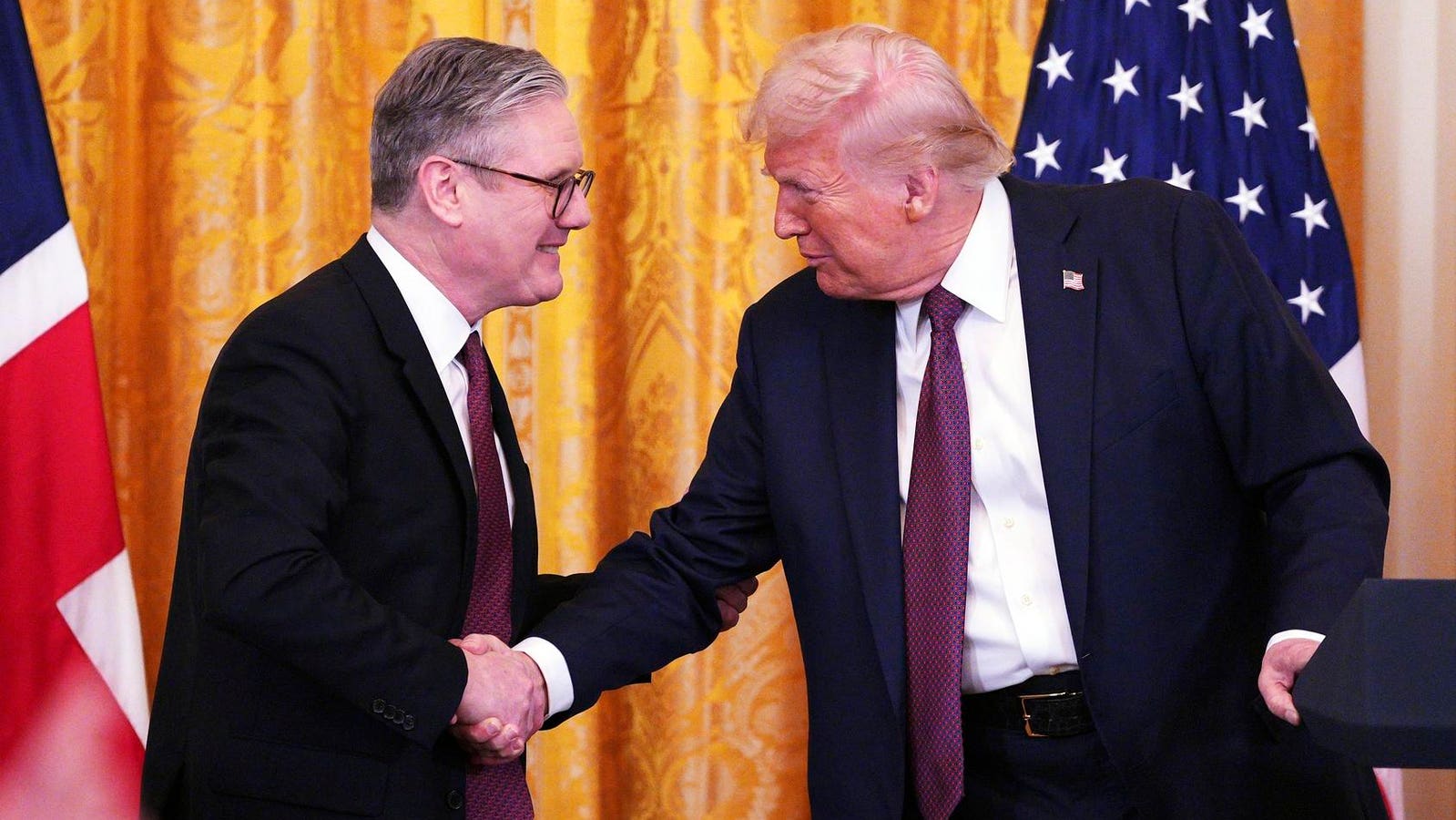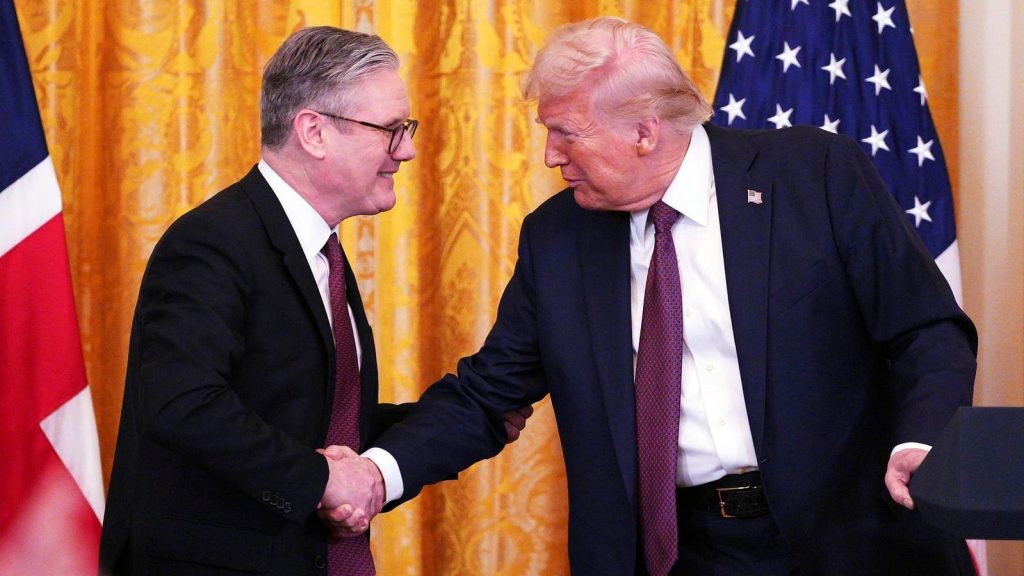Topline
In a predictably grim phenomenon tied to outbreaks of global violence, aerospace and defense stocks climbed to record prices in an otherwise down day for the stock market, as Wall Street reacted to the latest escalation in the Middle East by anticipating larger contracts for military suppliers.
Lockheed Martin stock rose Tuesday to a record high.
Key Facts
The stocks of several major U.S. defense contractors rallied Tuesday, as Lockheed Martin, RTX (previously Raytheon), Northrop Grumman and L3Harris all gained more than 2.5% by late afternoon, rising as the Israeli military reported missile strikes from Iran a day after Israeli ground forces entered Lebanon in its conflict against Hezbollah.
Both Lockheed Martin and RTX shares booked all-time highs Tuesday, while L3Harris and Northrop Grumman tallied their top share price since 2022.
The iShares U.S. Aerospace & Defense exchange-traded fund rose 1.2% as the BlackRock-managed fund indexing the sector hit a new all-time high of its own, extending its 12-month gain to 43%, beating the baseline S&P 500’s 33% rise over the period.
The defense stock rally came as the broader market slid, with the S&P falling 0.8%, tracking toward its worst loss since Sept. 6.
The decreased risk appetite tied to the war was one of several negative catalysts for the broader market, as investors digested inflation concerns tied to the dock worker strike and shares of Apple, by far the largest company in the world by market value, fell 3% on reports of light iPhone 16 demand.
Big Number
5%. That’s how much prices for international oil benchmark Brent crude oil rose Tuesday by about 1:15 p.m. EDT, which would have been by far the largest single-day gain of 2024, according to FactSet data. The oil surge moderated quickly, with Brent up less than 1% by 3:15 p.m. EDT.
Key Background
Defense stocks typically gain during times of heightened conflict as the companies’ revenues rely heavily on U.S. government contracts, which often grow when allies like Israel and Ukraine are at war. Tuesday’s market backdrop evoked unpleasant memories of the setup in late 2021 and 2022, when supply chain issues and military conflict (Russia’s invasion of Ukraine) caused global inflation to surge and stocks to fall as central banks rolled out growth-stifling interest rate hikes to slow price increases. But economists largely believe the U.S. port strike won’t have the same impact on inflation as the 2021-22 supply chain snags.
Tangent
Wall Street’s fear gauge rose to its highest level in three weeks Tuesday, as the CBOE volatility index (VIX) climbed 10% as traders dealt with new concerns in addition to fears about a potential U.S. economic slowdown. But “although the VIX is edging higher it remains sufficiently just below 20 to suggest that markets…do not yet envision an all-out military scenario” in the Middle East, noted LPL Financial’s chief global strategist Quincy Krosby in a Tuesday note to clients.
Further Reading
ForbesIran Launches Missile Strike On Israel, Israeli Military SaysBy Molly Bohannon
ForbesIsrael Begins Ground Raids In Southern LebanonBy Molly Bohannon








